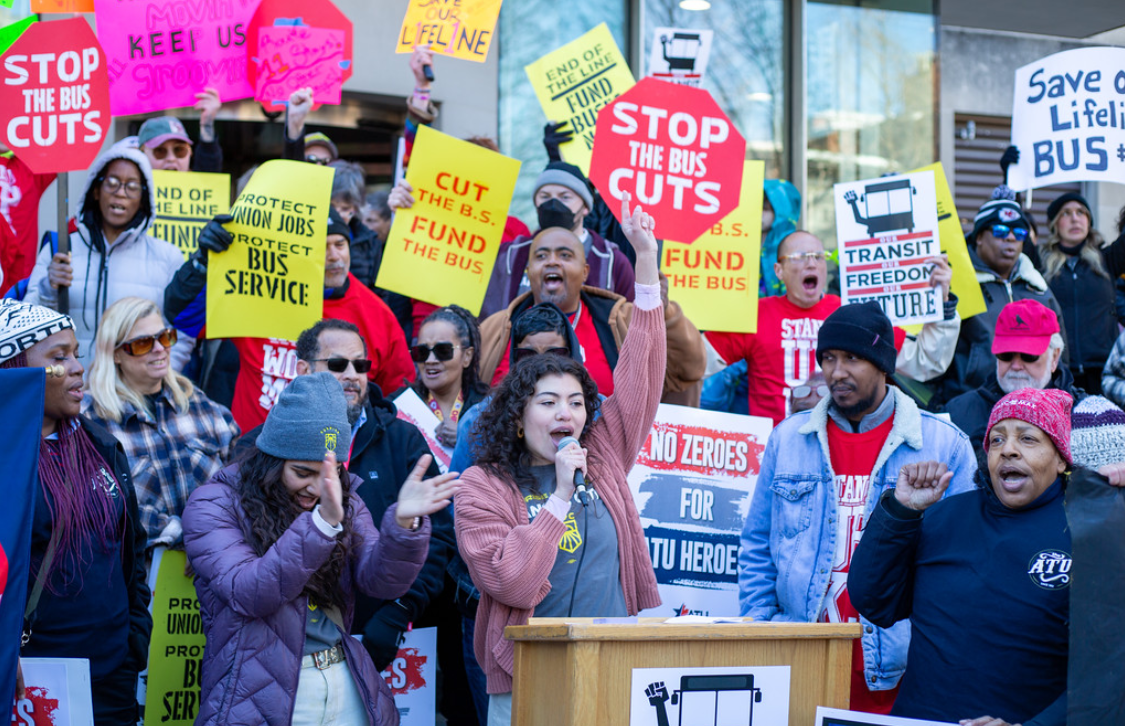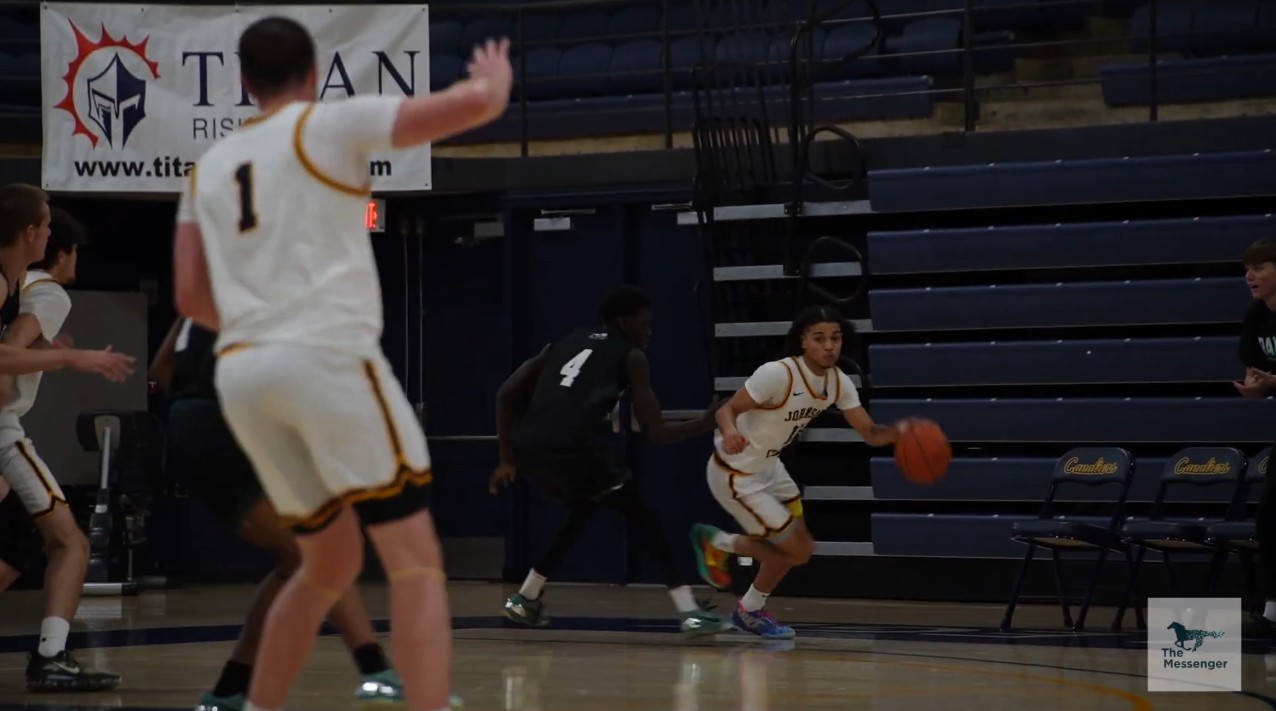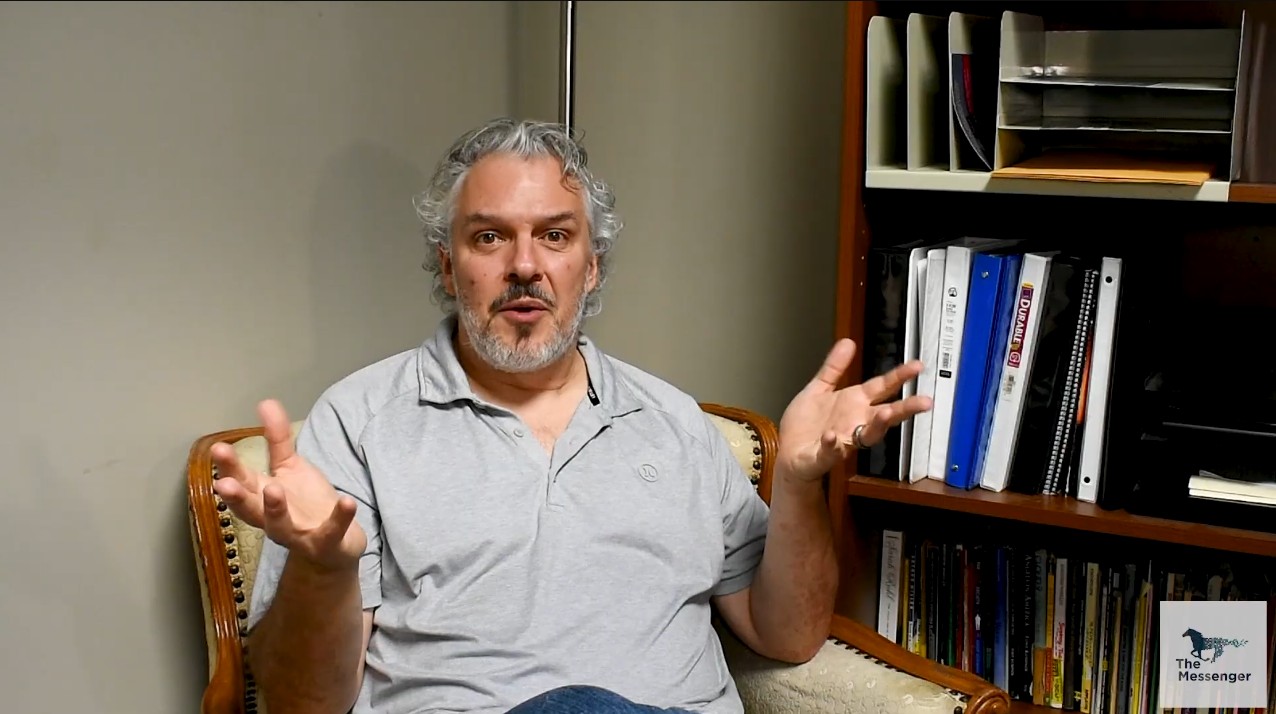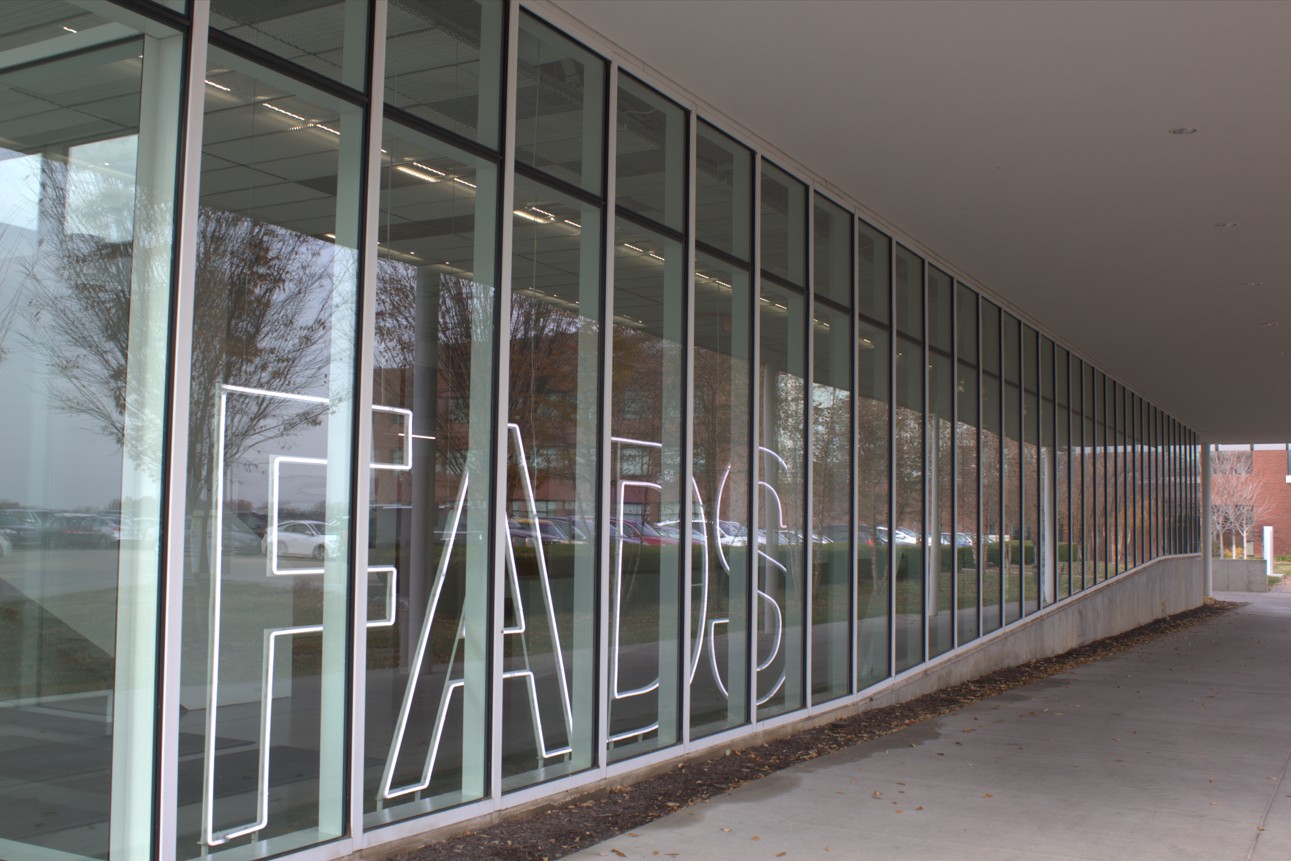(Photo by: Vaughn Wheat)
Last March, the Kansas City Area Transport Authority (KCATA) announced that it would be cutting 13 of its 29 bus lines. This was announced after the city planned to only allocate $71 million for the KCATA budget, a far cry less from the needed $117 million. On top of the loss of lines, 18% of the ridership would lose access to convenient line locations and 28% of the KCATA workforce, 171 people, would be laid off. After community outcry, the KCATA has decided to instead reintroduce ride fares and undergo a more limited restructuring of lines, as opposed to the more significant cuts. Despite the less drastic changes, the impact on the community and lack of concrete plan is cause for concern.
In 2020, Kansas City became the first city to eliminate bus fares in the United States. The removal of fares provided increased access to vital services to thousands of people within the Kansas City metro area. In 2021, the Urban League of Greater Kansas City gathered data from 1,686 riders after the fares were removed. The cutting of fares increased ridership significantly, and provided users with a greater right to the city.
From the report, 90% of respondents said that they used the lines more frequently due to the lack of fares. 92% said they were able to access necessary services such as grocery stores more often, with an additional 88% saying it helped provide increased access to healthcare. 81% of respondents said the removal of fares helped them directly in terms of securing or maintaining employment. Furthermore, the Mid-America Regional Council reported that security incidents along lines decreased by 39% after fares were removed.
In addition to the opportunities provided to the community at large from the cutting of fares, the removal helped riders save a considerable amount of money. In an interview with Next City, former JCCC student Ben Knight said that he saved “$600 a year by not having to buy transit passes to go to classes or his favorite hangouts.” This gave him the opportunity to “loosen the reins a bit on spending, not by much, but by enough so that we can treat ourselves a little more than we used to.” Although $600 may seem insignificant to some, for those along the poverty line, access to this money may prove vital for things like groceries, rent, or other necessities in their daily lives.
The reintroduction of fares will prove harmful to the community at large, but this is just one issue stemming from a lack of focus from the city council on public transit. Bus lines and KCATA remain underfunded, and the lack of a concrete plan going forward is incredibly concerning.
The current funding plan only covers the next six months, preventing the removal of lines for the time being. However, many are still over the need for further funding. One such person is 3rd District’s council member Melissa Robinson. Robinson attempted to ensure that the KCATA would have enough funding after money runs out in October, but that was struck down by the rest of the council. The lack of securities provided in the current budget is cause for worry, especially if the current cuts prove to not be enough.
At the core of the issue is the fact that the city simply has not decided to properly fund public transit. The Sunrise Movement, a grassroots organization and a key player in the funding battle, released a scathing statement toward the inadequate funding provided by the city council. The organization says that “people came out to defend a critical public service while our leaders were asleep at the wheel. City and KCATA officials have floundered with no long-term vision for transit.”
If the city aims to provide community members with access to proper public transit, better funding is the key. The reintroduction of fares may provide short term reprieve, but fares will serve only as a stop gap to postpone the real issue, one that if left unaddressed will have substantial impacts on all riders. Until the city provides a long term plan for the funding of public transit, one that preserves the current lines and does away with ride fares, the community will be the ones bearing the consequences of the city council’s mistakes.












Leave a Reply